Hours after the election of Moon Jae-in as South Korea’s new president, Brookings Senior Fellow Jonathan Pollack hosted an online discussion with former senior State Department Korea expert David Straub, who currently serves as the Sejong-LS Fellow at the Sejong Institute in Seoul. They discussed the election results and explored the implications of Moon’s victory for South Korean foreign and domestic policy. Straub also analyzed the personality and leadership style of Moon Jae-in, particularly amid unique circumstances given that his predecessor—Park Geun-hye—was recently impeached.
Moon Jae-in will be the 19th president of South Korea (and the leader of the country’s third progressive government), after winning approximately 40 percent of the vote in a field of more than a dozen candidates. In Straub’s view, Moon was the antithesis of former President Park Geun-hye. Many voters, resentful and disillusioned by the corruption and influence scandal that enveloped the Park administration, gravitated toward Moon as a starkly different leader.
Moon’s agenda to address social inequality and the lack of economic opportunity also resonated deeply with many young voters. Straub saw the economy—not North Korea, as many in the United States assume—as the core issue in the Korean election (similar to the American presidential campaign). But Straub stressed that Moon’s ability to sustain the country’s economic growth is far from certain.
Straub nevertheless sees a difficult road ahead for Moon Jae-in and his party in pushing its reform agenda, including measures to restrict the far-reaching powers of chaebols (industrial conglomerates). Moon and his party will need to work across the aisle: His Democratic Party currently only has 119 seats, while the National Assembly requires a supermajority (180 votes) for passing major legislation.
The U.S. Terminal High Altitude Area Defense (THAAD) system in South Korea was another important campaign issue, and one of the few security issues to be raised prominently, Straub said. Moon has consistently maintained that the deployment was overly hurried and that the new administration should be able to review the THAAD decision. Straub argued that overturning the current deployment may be a “bridge too far,” but foresees any additional deployments as highly questionable under President Moon.
Moon also plans to renew engagement strategies toward North Korea that parallel those pursued under previous progressive administrations. Straub said Moon will try to “minimize sanctions and maximize inducements” in an effort to convince Pyongyang to pursue denuclearization, but this could create major tensions with the emerging policies of the Trump administration. Straub also argued that the expected results of such an approach, if any, would not be evident before North Korea achieves an operational nuclear weapons capability that can target the United States.
In addition, Moon hopes to reopen the Kaesong Industrial Complex and Mt. Kumgang resort, but this would require Moon to persuade President Trump to adjust U.S. policy, Straub said. Moon may also try to enlist the support of China, as his approach aligns closely with China’s preferred strategy toward North Korea, but this could induce additional alliance management tensions between the United States and South Korea.
Watch the full discussion here.
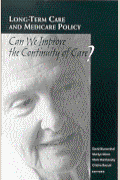
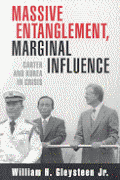
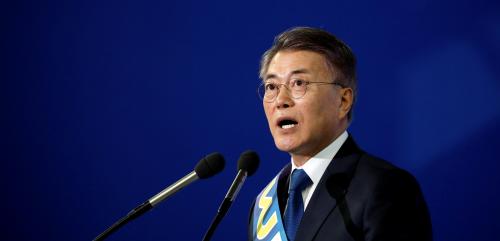
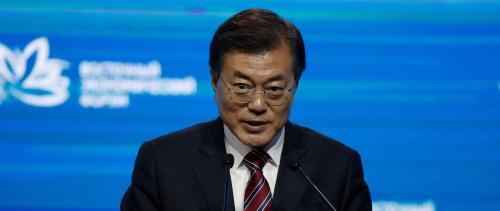
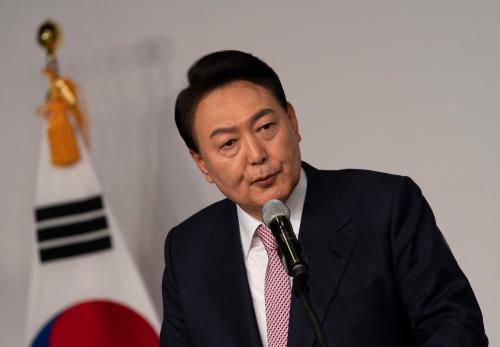
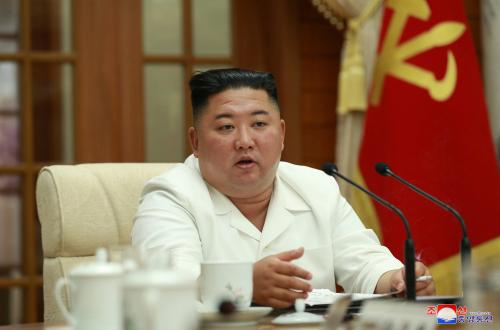
Commentary
Experts discuss the South Korean election result
May 11, 2017